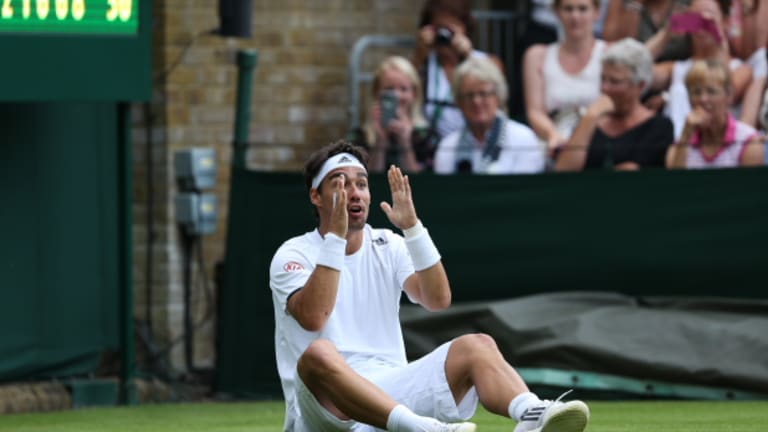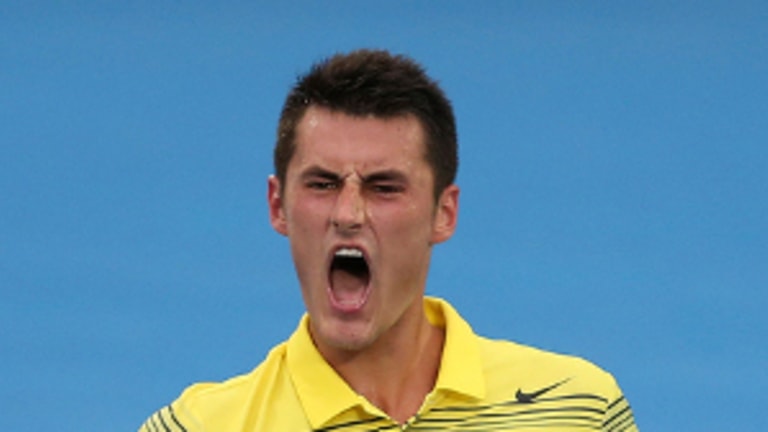For a few decades, Jimmy Connors made a living going around declaring how pitiful it was that the evil lords of tennis had taken all the “personality” out of the game. Some took notice of his complaint; some even agreed. But the story died a quiet death, basically because nobody cared. Or, more likely, everyone much prefers it the way things are now.
It’s a bad time to be an anti-hero in tennis.
It isn’t that long since those halcyon days of the “tennis boom,” when Ilie Nastase would flip off chair umpires and, after making an uncharacteristically ugly error, mince around on the court. Connors was showing how much “personality” he had by displaying his rich command of the obscene gesture before the eyes of 20,000 or more spectators, many of them mortified.
How about the time Goran Ivanisevic, he of the famous “two Gorans,” expressed a desire to shoot a whole group of people with a machine gun? Nobody in the room even paused to raise an eyebrow mid-sentence. That was back when reporters didn’t use tape recorders, or get printed press-conference transcripts.
And, of course, John McEnroe was attaining international notoriety for the quality of his Vesuvian outbursts; no innocent, court-side geranium was exempt from a potential beheading at any moment.
Now? Fabio Fognini, arguably the most riveting in the ever-shrinking pool of players who are unabashed about expressing their frustrations, is seen largely as a pariah. No poet with a press pass is inclined to write a few paragraphs about the true meaning of the cavalier disrespect with which he treats the racquet that he often swings so wonderfully. Nobody coaxes emotional, sympathy-inducing confessions out of Fognini in one-on-one interviews.
The fact that Fognini was fined $27,500 for his behavior during a first-round match that he eventually won at Wimbledon is duly noted as a statistical detail that may or may not be interesting. When an Italian journalist asked Fognini if he felt he were the subject of special scrutiny, Fognini sounded almost repentant as he replied, “I am kept track of the way Ernests Gulbis is because we’re two hotheads.” He added, “They have rules here, different from other (tournaments), that need to be followed.”

